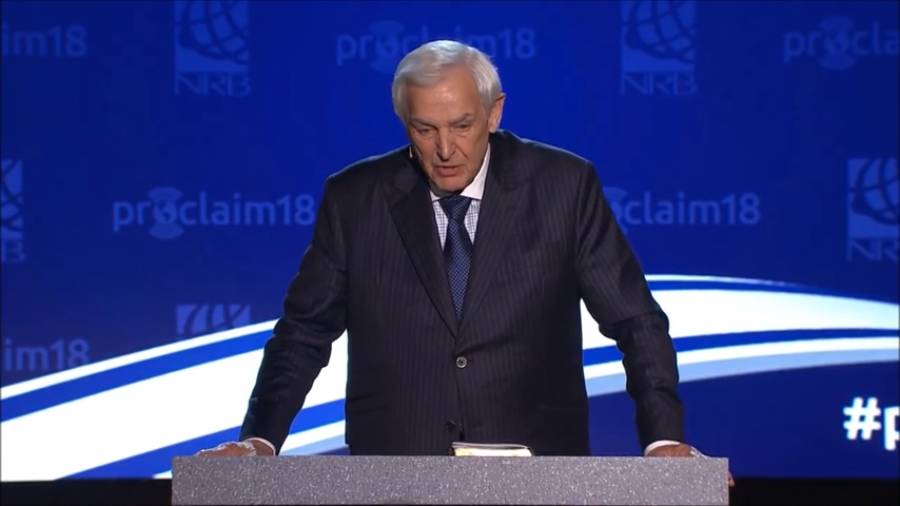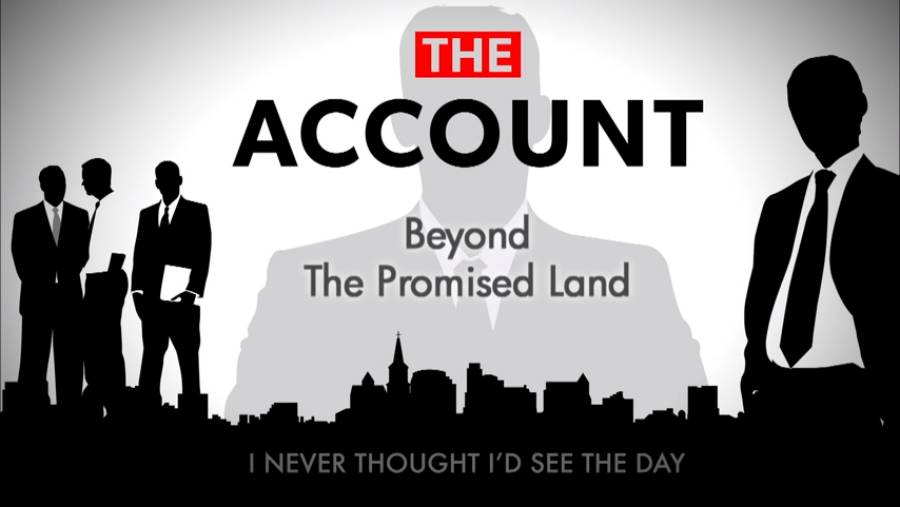

Dr. David Jeremiah Presents
Living inthe Ageof Signs
Online Destination

Living in the Age of Signs
Online Destination

Don't Prejudge
Today’s Devotion:
Don't Prejudge
The word prejudice has two parts: pre (in advance) and judicium (judgment). Therefore, prejudice is to prejudge a person or a matter before getting any of the facts. Nowhere is prejudice more prevalent than in matters of race and ethnicity. Some judge people based on the color of their skin or their ethnicity before they even know them.
Prejudice is not a modern sin; it existed in Jesus’ day. The Jews in Galilee and Judea were prejudiced against the Samaritans because they (the Samaritans) had intermarried with Assyrians following the Assyrian invasion of Israel in the eighth century B.C. Jews refused to even set foot in Samaria—except for Jesus and His disciples. On a journey from Judea to Galilee, Jesus went through Samaria where He encountered a woman to whom He revealed Himself as the Messiah, the Source of living water (John 4). Jesus saw humans in need of God’s love, not races or genders or status.
Pray for the ability to see the world through Jesus’ eyes. Share Him just as He shared Himself—without prejudice and with love.
Water and oil are more compatible than Christianity and prejudice.
William A. Ward
For Your Phone or Tablet
Official Mobile App and Lock Screens
Beyond the Promised Land
This is episode nine from The Account, an original Turning Point Television production that was created to introduce David Jeremiah's teaching series I Never Thought I'd See the Day! Its message remains relevant for us as we are Living in the Age of Signs.
The Account takes you back to the 1960's when the advertising agency of Wyndham Ridgestone landed the most mysterious client in the history of their firm. This shadowy and intimidating Client hires the firm to influence the masses—to sway the behavior of people toward a liberal mindset—to market a moral shift in American culture. The faceless and nameless Client presents ten issues to the advertising firm and employs it to create these morally destructive campaigns.












